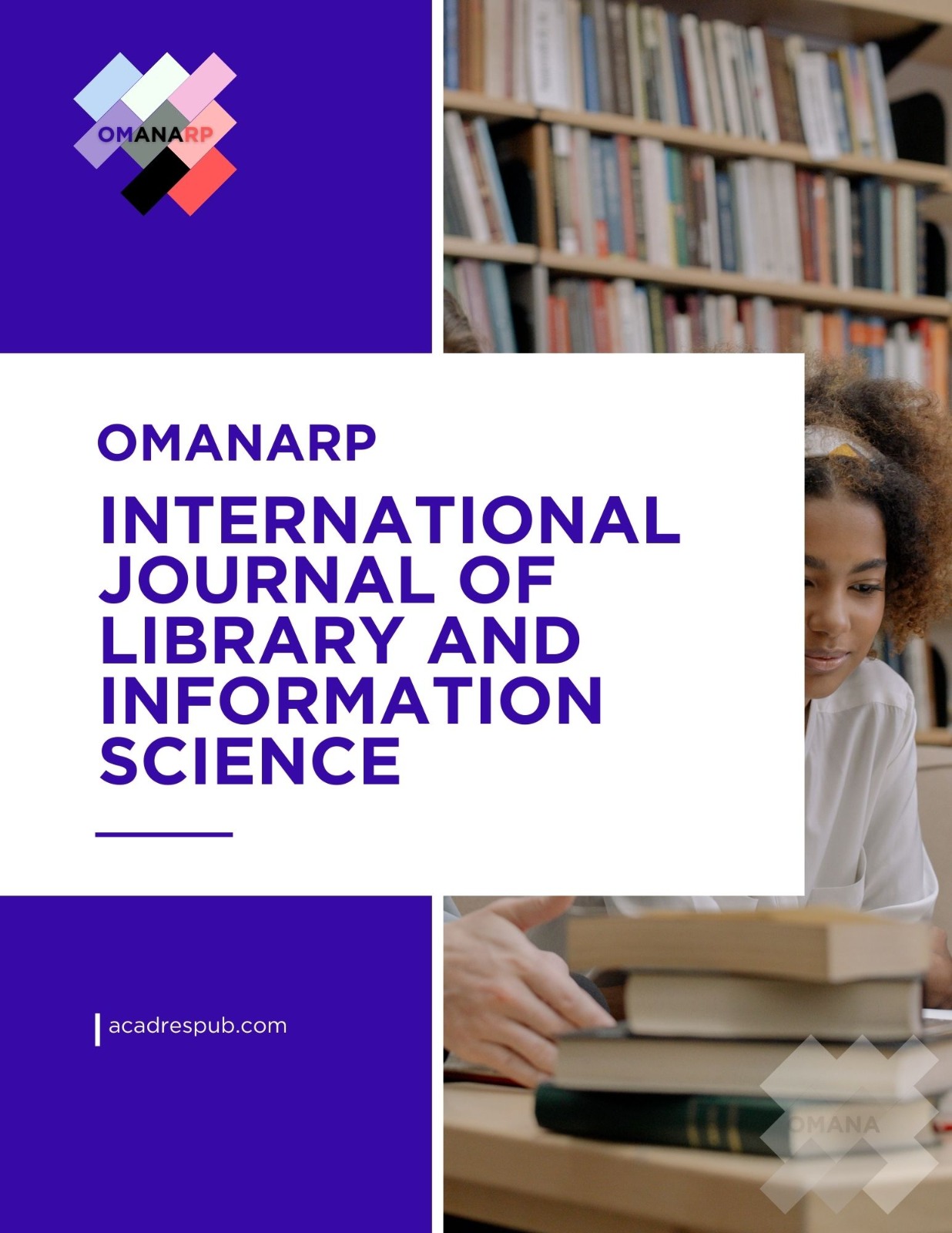THE IMPACT OF ARTIFICIAL INTELLIGENCE ON LIBRARY SERVICES INNIGERIA; OPPORTUNITIES AND CHALLENGES: AN Overview
Abstract
The integration of Artificial Intelligence (AI) into library services has significantly transformed information management, accessibility, and the overall user experience worldwide. In Nigeria, the adoption of AI technologies in libraries is slowly gaining momentum, offering transformative possibilities such as improved cataloging, personalized user services, and more efficient resource management. However, several challenges—including inadequate infrastructure, limited technical expertise, funding constraints, and ethical concerns—are preventing the full potential of AI from being realized in Nigerian libraries. This study examines the current impact of AI on library services in Nigeria, highlighting key advancements, benefits, and obstacles. Using a mixed-methods approach that includes surveys and interviews with library professionals, the research identifies strategies to overcome these challenges, such as capacity building, infrastructure development, and stakeholder collaboration. The findings emphasize the need for a strategic and inclusive approach to AI adoption, stressing the importance of government, academic institutions, and private sector partnerships in fostering sustainable digital transformation. By addressing these challenges and harnessing the potential of AI, Nigerian libraries can improve service delivery, enhance operational efficiency, and contribute to the nation’s socio-economic development.
Downloads

Downloads
Published
Issue
Section
License
Copyright (c) 2025 Haruna, Abubakar Sadiq (CLN, MNIM), Anna Michael, Kabiru Ibrahim (Author)

This work is licensed under a Creative Commons Attribution-NonCommercial 4.0 International License.





